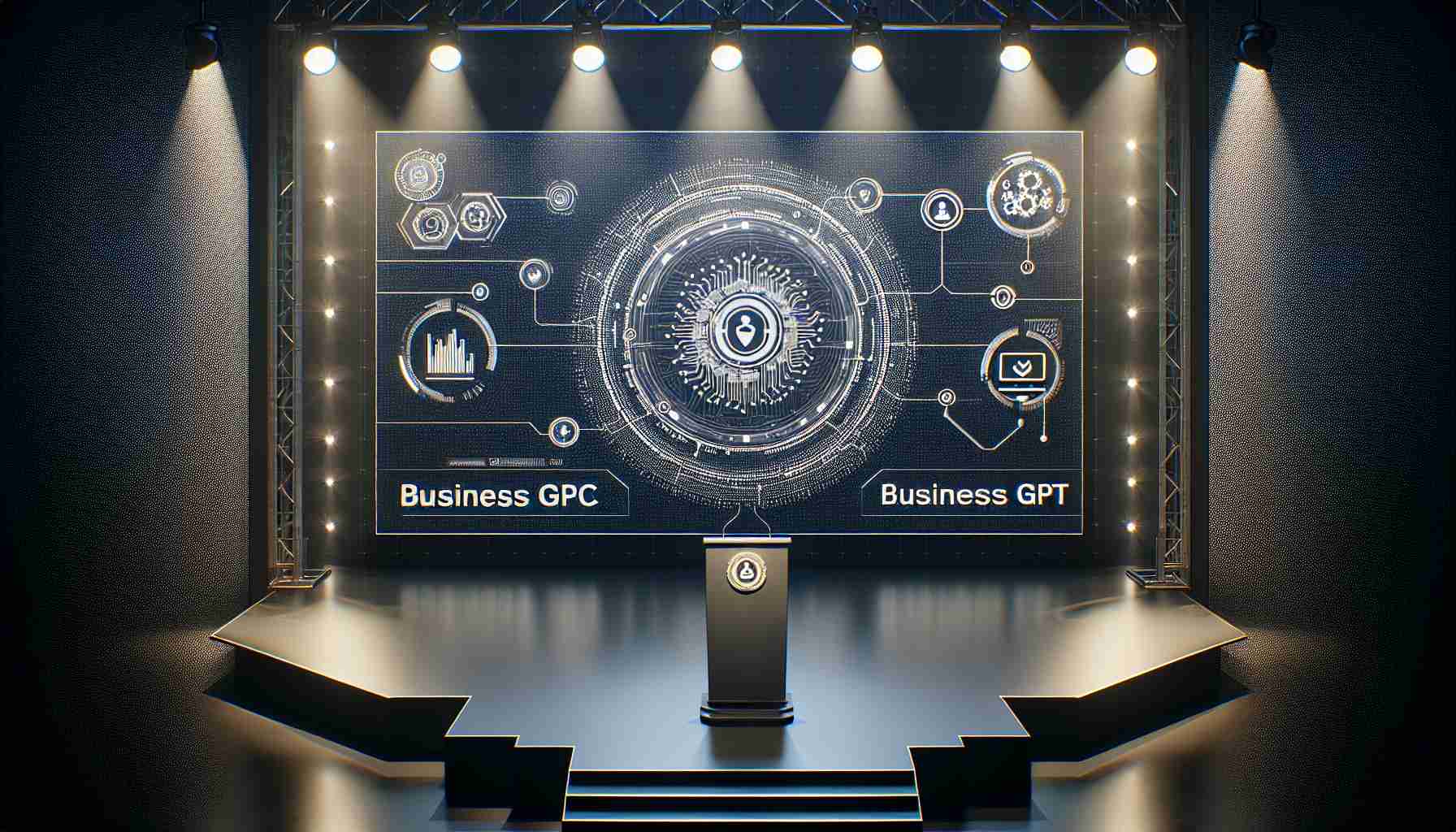Telecommunications giant Telekom has recently introduced a state-of-the-art solution named “Business GPT” to help enterprises integrate generative artificial intelligence (AI) into their workflows, ensuring adherence to rigorous security protocols. The service comes at a price, reflecting its premium offerings in safeguarding company operations.
AI chatbots have become prevalent in today’s businesses. Telekom exemplified the value of their generative AI through a smart dialogue system called Laura. These chatbots, ranging from text generation to customer service tasks, often operate with risks, involving public data pools that could compromise private information. Telekom’s “Business GPT,” however, circumvents these concerns with its cloud-based infrastructure, keeping data within the safe confines of European data protection laws.
Klaus Werner, the Managing Director for Business Customers at Telekom Germany, emphasized the dual benefits of this AI technology: the protection of sensitive information and the streamlining of labor-intensive processes.
Beyond basic tasks, “Business GPT” extends its utility to a diverse array of sectors by crafting texts, analyzing data, and generating summaries. Its customized implementations can respond accurately to customer queries and provide recommendations by accessing the company’s own databases and intranet connections. It is also heralded as an educational tool, capable of supporting learning platforms with explanation of concepts, and as a market research assistant and a multi-lingual translator.
Customization is a key strength of “Business GPT,” allowing firms to develop tailored models with their unique specifications, thereby maximizing the potential and specificity of their AI-supported operations.
Important Questions and Answers:
Q: What is “Business GPT” and how does it differ from other AI solutions?
A: “Business GPT” is a premium generative AI solution developed by Telekom for enterprise-level integration that emphasizes data security and adherence to European data protection laws. It differs from other AI solutions by focusing on a cloud-based infrastructure designed to keep sensitive company data secure while still leveraging the capabilities of AI to streamline and improve workflows.
Q: What kind of enterprises can benefit from “Business GPT”?
A: A wide range of sectors can benefit from “Business GPT,” including those involving customer service, content creation, data analysis, education, market research, and multilingual translation. Since the AI can be customized, it can be tailored to unique business needs regardless of industry.
Key Challenges and Controversies:
Privacy and Data Security: A primary challenge is ensuring that as AI becomes more integrated into business operations, private data remains secure, especially within industries that handle sensitive information.
AI Bias and Accuracy: Customization must be managed carefully to prevent the AI from developing biases based on the data it is fed. Ensuring the AI provides accurate and unbiased output can be a complex challenge.
Regulatory Compliance: Adhering to different regions’ data protection laws can also be challenging as the rules and regulations are constantly evolving.
Advantages of Business GPT:
– It offers a high level of data security, aligning with European data protection standards.
– It can streamline a variety of tasks, making business processes more efficient.
– Its customization possibilities allow for solutions that accurately reflect company procedures and brand voice.
Disadvantages of Business GPT:
– The premium service comes with associated costs which may not be affordable for all businesses.
– It may require significant resources to train and implement the AI according to specific business needs.
Although specific links to articles are not permitted, related information from trustworthy and validated domains can be accessed through major sites dedicated to AI, technology, business, or data protection. Some these domains include:
– IBM
– Microsoft
– European Union (EU) – for information on data protection laws.
– WIRED – for trends and news in technology.
– Forbes – for business insights and analysis.
Each of these sites might have more detailed information on the development and use of AI in an enterprise environment.

